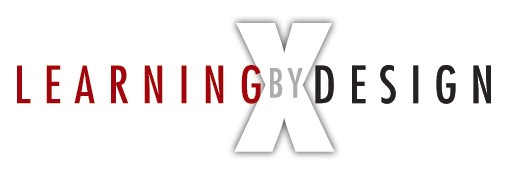Why
develop non-technical skills?
Think
of the top performers, the “true professionals” you know and have
worked with closely: What qualities, characteristics, or attributes set
these people apart?
Was
it only their
technical skills—their ability to accurately prepare
financial statements, define a human resource policy, create marketing
plans, or identify a business process risk? Or was it their
non-technical skills—the way they communicated those skills, shared
that knowledge, or solved those problems? Chances are it was a
combination of both.
The
days of either . . . or are gone. Both
technical skills and
non-technical skills matter. In a global marketplace with
much greater
access to choice, clients will predictably choose service providers who
are both technically and interpersonally competent. Likewise, high
performing employees will choose to work for organizations
whose
supervisors have vision, listen well, build collaborative environments, and respect individual
abilities.
Learning
by Design can help you develop the non-technical skills that will help
you serve your clients, retain employees, and grow your business. The
approach focuses on five areas of non-technical competency that are
critical to the success of all organizations. They are:
- Communication—speaking,
instructing, presenting, listening,
inquiring, facilitating
- People
Development—coaching, motivating, giving feedback, evaluating employees
- Problem
Solving—analyzing and defining
problems, developing solutions, thinking creatively
- Teamwork—meeting facilitation, cooperating, performing
as a team, managing conflict
- Strategic
planning—casting vision, setting goals, leading change,
succession planning
|
"Our technical
skills largely define what we do, but our non-technical skills often
determine how well we do it." |
